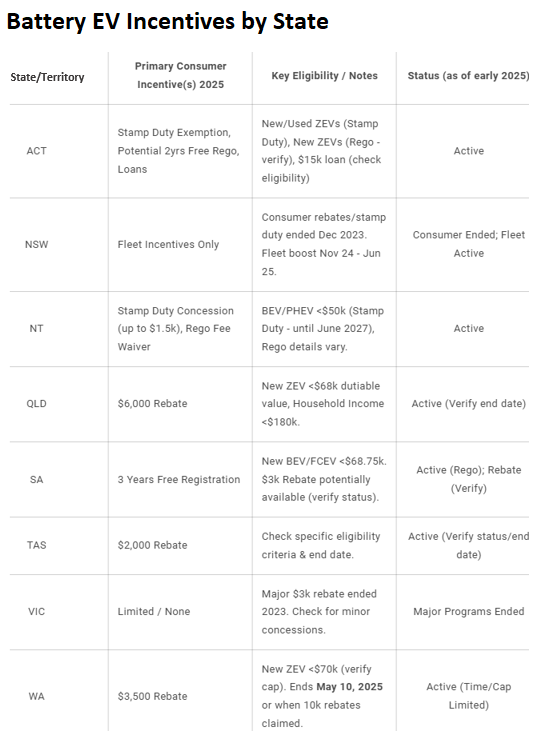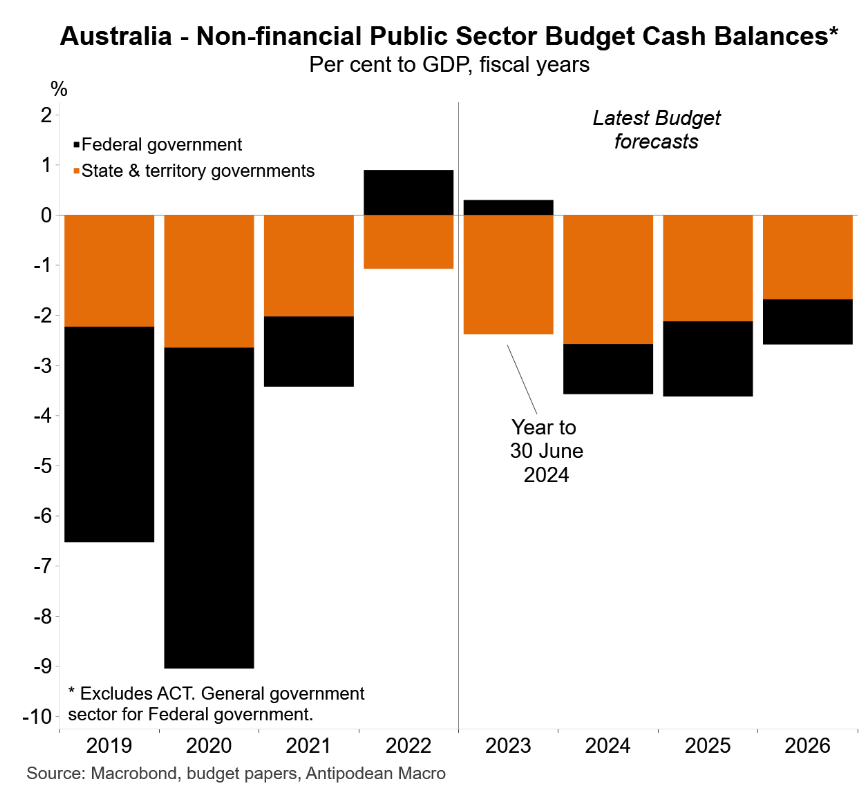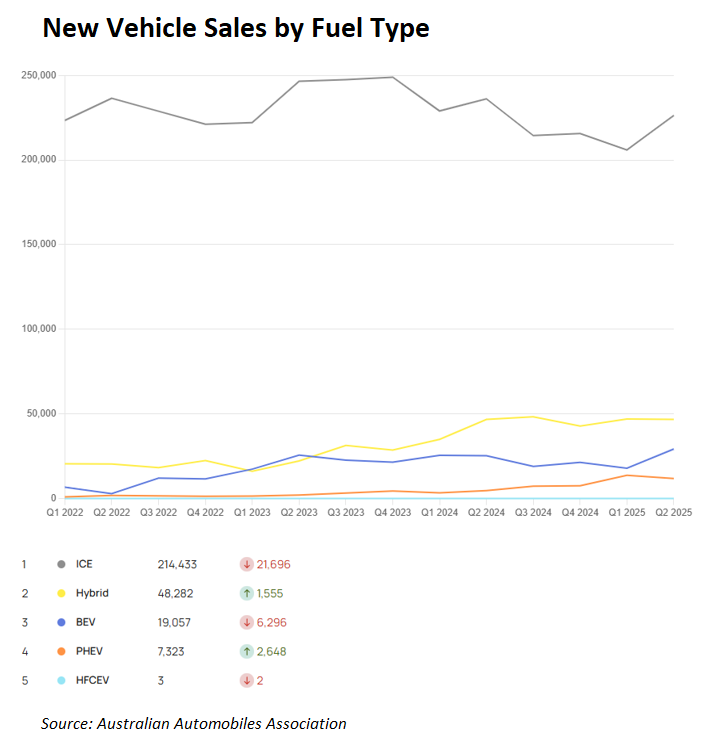Australians pay for bottomless EV subsidies
The entire taxation arrangement around electric vehicles (EVs) is a reverse Robin Hood scenario, as it takes taxes from the poor to give to the rich.
Michael Read at The AFR reported that the cost of the Fringe Benefits Tax (FBT) exemption for EVs has “blown out thirteenfold, and the benefits are disproportionately flowing to workers earning over $150,000, who make up almost half of all recipients”.
The policy, which took effect in July 2022, exempts employees from paying fringe benefits tax when they purchase an EV for less than $91,387 through a novated lease, in which an employer pays for the car lease through pre-tax salary deductions.
The FBT exemption can save buyers tens of thousands of dollars over multiple years and has proven to be more popular than Treasury envisioned.
The Electric Vehicle Council and the National Automotive Leasing and Salary Packaging Association released a report showing that almost half (48.2%) of people who had taken out a novated lease on an EV had an income above $150,000.
However, Michael Read pointed to ABS data showing that “just 8.5% of workers earn over $150,000, suggesting that high-income earners are disproportionately represented more than fivefold among beneficiaries of the FBT exemption”.
While the Treasury originally projected that the FBT exemption would cost only $205 million in foregone income in its first four years of operation, the research forecasts that the actual cost will be $2.6 billion, nearly 13 times higher than initially predicted.
The overall cost will grow to $9.7 billion between 2026-27 and 2029-30 as the number of EVs increases.
Of course, EVS receive a raft of other subsidies.
EVs qualify for a higher luxury car tax threshold than ICE vehicles.
Several Australian states and territories provide direct subsidies, stamp duty exemptions, and registration discounts for battery EVs.

EVs are also exempt from road user taxes, including the 50.8-cent-per-litre fuel excise.
Why is the federal government wasting scarce taxpayer funds subsidising car purchases?
In an era of large budget deficits, there are far better ways to spend taxpayer money than giving tax breaks to the rich to purchase EVs for private use.

These subsidies are costing federal and state budgets billions in lost tax revenues and worsening inequality.
Treasurer Jim Chalmers confirmed this week that the federal government is working with the states on the idea of a road user charge for EVs, aiming to replace the revenue from fuel excise that will be lost as more people acquire them.
However, Chalmers said the government is in no hurry to implement a road user charge, saying that it is important that adopting one does not deter people from buying EVs.
“We want to see more and more people take up the opportunity of an electric vehicle”, he said. “In most of the discussions we have publicly and privately and with the states and with others, we’re very conscious of finding the right balance, getting the sequence right, so that we can continue to encourage people into an EV with the tax cuts that we are providing”.
“But we’ll also be conscious that, as we implement over time, and we’re in no rush, as you know, but as we implement over time a road-user charging regime for EVs, we need to make sure that we get that balance right”, he said.
Chalmers’ comments come as several carmakers scale back their production of EVs, citing lower-than-expected demand.

Meanwhile, households should brace for more EV subsidies, with electricity networks lobbying governments to fund or allow them to recover costs for EV chargers from households and businesses:
“Electricity networks have been lobbying federal and state governments to lead the rollout of EV chargers, offering options including an upfront investment from government or changing market rules to allow them to recover costs from other electricity users, freedom of information documents reveal”, The AFR reported.
“The electricity networks propose charging all taxpayers and not just EV drivers”.
Thus, the electricity networks are proposing an additional subsidy to supplement the billions of dollars already allocated toward EVs.
It’s time for the government to eliminate all subsidies for car purchases and let consumer preference and the market decide what is purchased.
